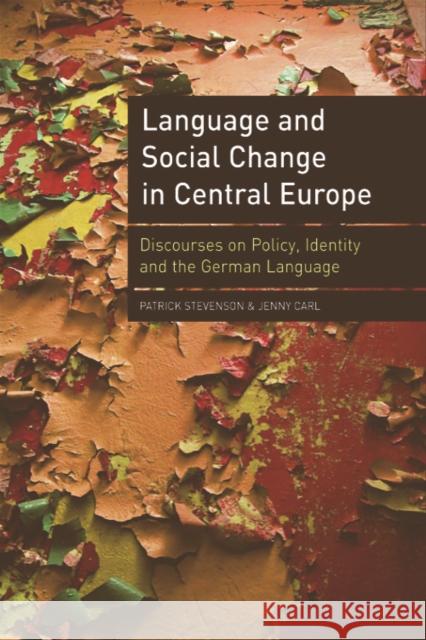Language and Social Change in Central Europe: Discourses on Policy, Identity and the German Language » książka
Language and Social Change in Central Europe: Discourses on Policy, Identity and the German Language
ISBN-13: 9780748635986 / Angielski / Twarda / 2010 / 288 str.
This book explores the dynamics of language and social change in central Europe in the context of the end of the Cold War and eastern expansion of the European Union. One outcome of the profound social transformations in central Europe since the Second World War has been the reshaping of the relationship between particular languages and linguistic varieties, especially between 'national' languages and regional or ethnic minority languages. Previous studies have investigated these transformed relationships from the macro perspective of language policies, while others have taken more fine-grained approaches to individual experiences with language. Combining these two perspectives for the first time--and focusing on the German language, which has a uniquely complex and problematic history in the region--the authors offer an understanding of the complex constellation of language politics in central Europe.
Stevenson and Carl's analysis draws on a range of theoretical, conceptual and analytical approaches - language ideologies, language policy, positioning theory, discourse analysis, narrative analysis and life histories - and a wide range of data sources, from European and national language policies to individual language biographies. The authors demonstrate how the relationship between German and other languages has played a crucial role in the politics of language and processes of identity formation in the recent history of central Europe.











